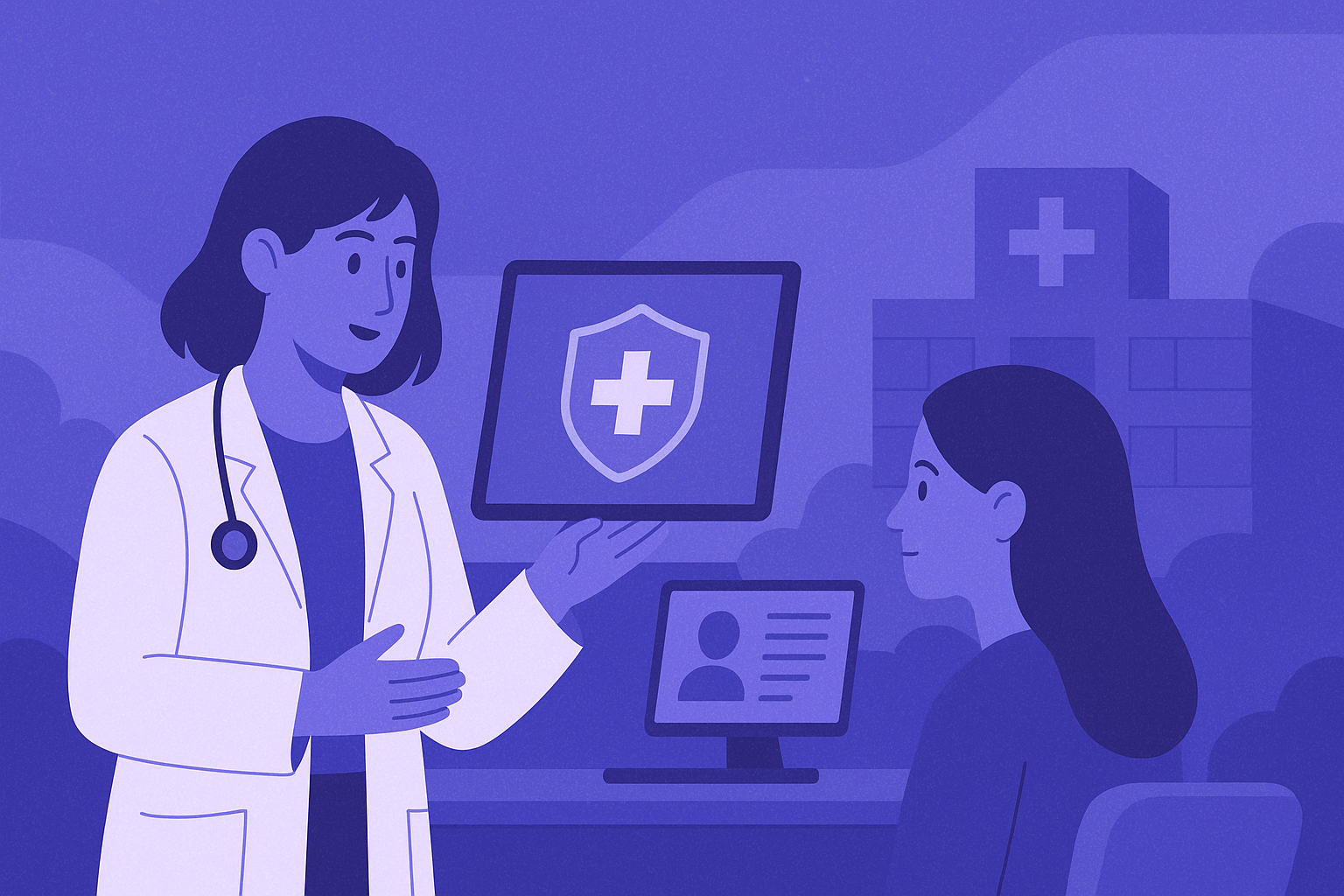
According to recent studies, the global healthcare predictive analytics market is expected to soar to $34.1 billion by 2030, growing at a staggering CAGR of 20.4% from 2024 onward. At 247Labs, where we specialize in cutting-edge web, mobile, and AI-driven solutions, we understand the immense potential of this transformation and are already helping healthcare clients harness AI to make data-driven decisions that truly matter.
Predictive analytics refers to the practice of using historical and current data to make informed predictions about future events. In healthcare, this means using data from electronic health records (EHRs), medical imaging, genomics, and even wearable devices to forecast outcomes like disease progression, treatment responses, and potential complications.
AI significantly enhances this process. Using machine learning and deep learning models, predictive systems can:
This shift enables healthcare providers to shift from reactive to proactive care—a game-changer in patient outcomes and cost efficiency.
AI algorithms analyze genetic, lifestyle, and environmental factors to predict the onset of conditions such as diabetes, cancer, or cardiovascular disease. Platforms like Wipro Analytics are already using such data to assess disease risk based on variables including patient birth location and occupational hazards.
By predicting how individual patients will respond to specific therapies, AI allows for truly personalized medicine. This reduces reliance on trial-and-error approaches and boosts the success rates of treatments. As reported in PubMed Central (PMC), ML models can forecast drug efficacy and side effects with impressive accuracy.
Wearable health devices, when combined with AI, can monitor recovery and flag warning signs early. Predictive analytics has been particularly effective in forecasting complications in ICU patients, including acute kidney injury, enabling early interventions.
Using histopathological and genomic data, deep learning models have achieved accuracy levels (AUCs of 0.69 to 0.778) in predicting the efficacy of immunotherapy in treating non-small cell lung cancer, according to PMC reviews.
Machine learning has also demonstrated remarkable accuracy (AUCs of 0.72 to 0.98) in predicting complications in surgeries ranging from colorectal to cardiothoracic, aiding surgeons in preoperative planning.
Predictive analytics can forecast patient flow in hospitals, helping optimize bed allocation, staff scheduling, and resource management. Tools highlighted by Keragon show how peak times in emergency departments can be predicted and managed effectively.
Systems like the University of Virginia’s Big Data dashboard are already predicting disease outbreaks based on real-time data. Moreover, predictive models have shown a 10-20% reduction in hospital readmission rates by identifying at-risk patients before discharge.
Early diagnosis and treatment customization directly translate into improved patient outcomes. Predictive models for sepsis detection, for instance, have significantly reduced mortality rates.
Preventing complications and unnecessary readmissions can drastically reduce healthcare costs. The Cleveland Clinic, for example, has saved millions using predictive models to target high-risk patients.
AI-driven scheduling and resource management tools improve workforce efficiency and reduce burnout—a critical benefit in today’s overextended healthcare systems.
AI facilitates continuous patient monitoring and real-time intervention. With tools like Pharmaphorum’s AI surveillance systems, healthcare providers can ensure medication adherence and detect deterioration before it becomes critical.
Despite the overwhelming potential, several obstacles hinder widespread implementation:
AI-powered predictive analytics is not a theoretical future; it is already delivering measurable results:
You can read more on these case studies from DigitalDefynd.
Looking ahead, the synergy between predictive analytics and other AI domains will usher in even greater breakthroughs:
At 247Labs, we’re passionate about driving innovation through AI. Our work in healthcare AI includes building custom predictive models, integrating real-time data streams, and ensuring secure, compliant solutions that scale. We empower providers to transform data into actionable insights, improve patient outcomes, and streamline operations.
With experience across North America and a track record of AI innovation, 247Labs is your ideal partner for healthcare transformation. Our multi-disciplinary team blends data science, software engineering, and UI/UX expertise to deliver solutions that work in the real world.
If you’re a healthcare provider or organization looking to explore AI-powered predictive analytics, don’t wait to embrace the future. Contact us at 247Labs to start your AI journey and build solutions that make a difference.


